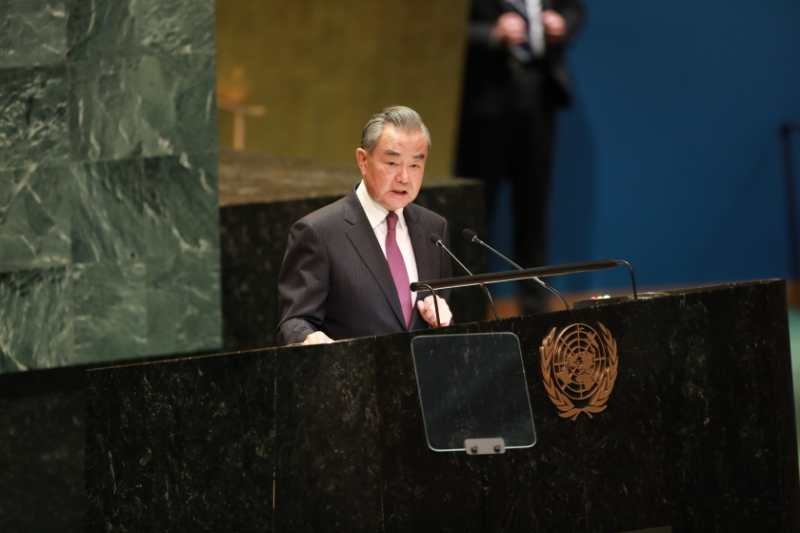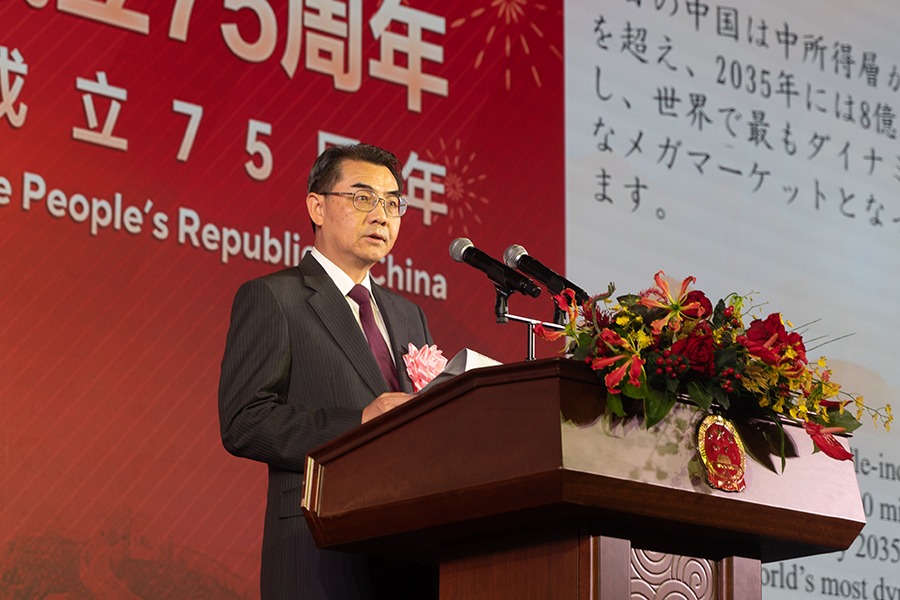Group of 77 leads pursuit of a fairer global order


The Third South Summit, held in Kampala, Uganda, in January, concluded with Ugandan President Yoweri Museveni urging the Group of 77 to persist in championing the interests of the Global South and working toward transforming the existing international order into a more equitable one.
Aligned with the theme of the Kampala summit, which was "Leaving No One Behind", the emerging new world order should aspire to be inclusive. It should avoid fostering divisions between the South and the North, or the East and the West. Instead, the new world order should strive to establish a more equitable framework, under which prosperity is shared more fairly among nations.
Formally established in 1964, the G77 emerged as a group of developing countries aiming to collectively address economic issues and strengthen their position in international forums. Over the years, the G77 has undergone significant growth, both in terms of its membership and the scope of its agenda. Originally focused on economic matters, the group has evolved to address pressing global issues, such as climate change, sustainable development and social justice.
The G77 is a heterogeneous community comprising member states that represent a rich tapestry of cultural traditions, that are in various stages of economic growth, and that have divergent political ideologies. Furthermore, within the group internal contentions add another layer of challenges.
Nevertheless, the countries of the Global South share a common vision, namely, to bring about change to the existing international order to better advance the interests of the developing world. Indeed, the Kampala summit marked a historic moment, reminiscent of the Bandung Conference, in which the opportunity to actualize the post-colonial aspiration of full economic and political independence has never been more opportune. Therefore, it is crucial for the G77 to unite to press for reform of the existing world order, ensuring that it better reflects the realities of the world today and fosters a global environment conducive to the well-being of all nations.
A noteworthy aspect of the G77's collaborative efforts is its partnership with China. Together, they strategically advocate within international forums, presenting a unified front on issues of common concern and contributing to shaping global policies that align with the shared principles of the countries of the Global South.
To that end, China, as an emerging world power, has a crucial role to play. The Belt and Road Initiative, for instance, puts China in a leading position to shape an alternative economic order that advances the well-being of humankind. Through initiatives such as this, China has the opportunity to contribute significantly to the establishment of a global economic framework that prioritizes cooperation and mutual benefit, thereby fostering the prosperity and progress of nations worldwide.
A central theme of the summit revolved around the importance of upholding international law and fostering deeper cooperation to tackle collective challenges. A pivotal focus was the imperative to reform existing international institutions, including the United Nations, to more accurately reflect the interests and values of the G77.
UN Secretary-General Antonio Guterres, who attended the summit, said: "Let us face the reality that those benefiting most from the current global governance system are unlikely to lead its reform. Thus, the impetus for change must come from you."
His message was clear: For the world order to become fairer, the G77 must take the lead in promoting reform of global governance structures.
The G77 should also actively contribute to the resolution of conflicts, such as those in Ukraine and Gaza. The recent case in which South Africa brought allegations of genocide against Israel to the UN International Court of Justice highlights the important role that countries in the Global South can play in advocating for rights and justice on the international stage.
The Kampala summit highlighted the developing world's aspiration for a new international system. The time has come for the G77 and China to usher in a new global order that is inclusive, just and equitable.
Dato Majid Khan is president of the Malaysia-China Friendship Association. Peter T.C. Chang is a research associate at the University of Malaya's Institute of China Studies. The views do not necessarily reflect those of China Daily.
































